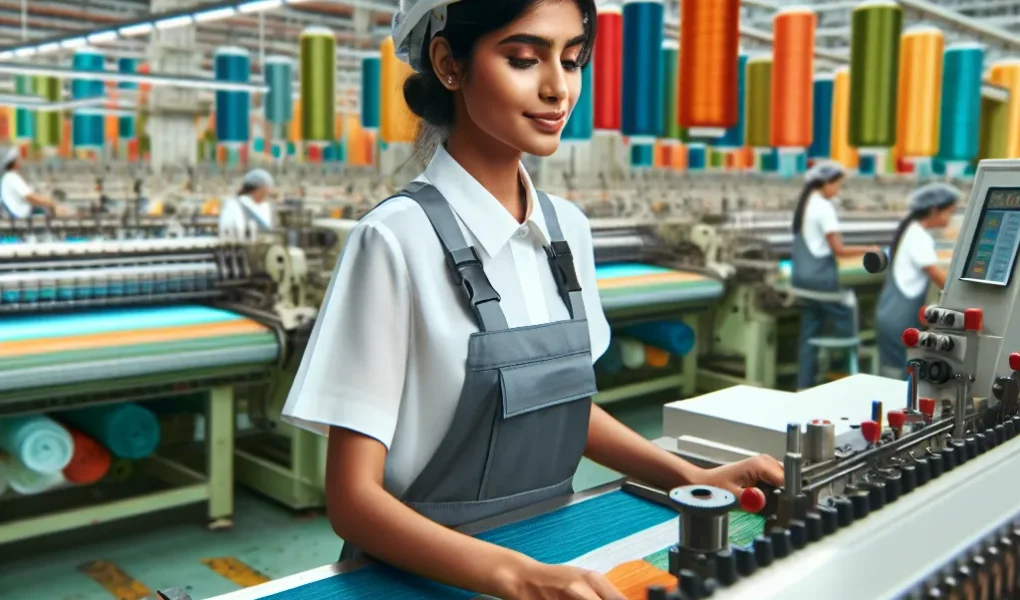From Fast Fashion to Slow Fashion: The Evolution of Sustainable Clothing Practices
From fast fashion to slow fashion, the evolution of sustainable clothing practices has witnessed a significant shift in the way consumers, designers, and brands perceive and approach fashion. Fast fashion, characterized by its rapid production cycles and low-cost, disposable clothing, has long been criticized for its detrimental impact on the environment and exploitative labor practices. In response to these concerns, the concept of slow fashion has emerged as a sustainable alternative, emphasizing ethical production, durability, and timeless style.
Fast fashion’s reliance on cheap labor and synthetic materials has led to environmental degradation and waste, prompting an increasing number of consumers to seek out eco-friendly and socially responsible clothing options. The shift towards slow fashion involves a focus on quality over quantity, encouraging consumers to invest in well-made garments that are designed to last. This approach not only reduces the environmental footprint of the fashion industry but also promotes fair labor practices and supports local artisans and small-scale producers.
Designers and brands are also embracing sustainable practices by utilizing recycled materials, embracing the principles of zero-waste production, and prioritizing transparency in their supply chains. In addition, the rise of sustainable fashion initiatives and certifications has provided consumers with the tools to make informed choices and support brands that align with their values.
As the demand for sustainable clothing continues to grow, the evolution from fast fashion to slow fashion represents a fundamental shift towards a more responsible and conscious approach to fashion consumption. By redefining the standards of the industry and encouraging mindful consumer behavior, the transition towards sustainable clothing practices signifies a positive and progressive change in the world of fashion.
The Impact of Technology on the Sustainability of Clothing Production
The evolution of sustainable clothing practices has been greatly influenced by the impact of technology on the sustainability of clothing production. Advancements in technology have revolutionized the way clothing is designed, produced, and consumed, leading to significant improvements in sustainability across the industry.
One notable impact of technology is the development of innovative materials and production methods that reduce the environmental footprint of clothing. For instance, the use of recycled fibers, bio-based materials, and advanced manufacturing techniques has enabled the creation of eco-friendly and durable clothing. Additionally, technology has facilitated the implementation of more efficient production processes, leading to reduced energy consumption and waste generation.
Furthermore, technology has played a crucial role in enhancing transparency and traceability in supply chains, allowing consumers to make more informed choices about the clothing they purchase. The use of blockchain and RFID technology, for example, has enabled brands to track the journey of clothing items from raw materials to the finished product, ensuring ethical and sustainable practices are upheld.
Moreover, the digitalization of fashion through online platforms and virtual fittings has contributed to a shift towards a more circular economy. By promoting clothing rental, resale, and customization, technology has extended the lifespan of garments and minimized the environmental impact of fast fashion.
In conclusion, the impact of technology on the sustainability of clothing production has been substantial, driving positive change towards more eco-friendly and ethical practices. As technology continues to advance, the potential for further improvements in sustainable clothing practices remains promising.
Consumer Empowerment: Shaping the Future of Sustainable Fashion
Consumer empowerment is shaping the future of sustainable fashion, as more and more people become aware of the environmental and social impact of their clothing choices. With the rise of fast fashion, consumers are now seeking transparency and ethical practices from the brands they support. This shift in consumer behavior has led to a growing demand for sustainable and eco-friendly clothing options, prompting fashion companies to rethink their production processes.
As consumers become more educated about the impact of fashion on the planet, they are using their purchasing power to drive positive change in the industry. Sustainable clothing practices such as using organic and recycled materials, minimizing waste, and ensuring fair labor conditions are becoming important criteria for consumers when making purchasing decisions. This has led to an increase in sustainable fashion initiatives and certifications, giving consumers the ability to make more informed choices about the clothing they buy.
Moreover, the rise of social media and online platforms has given consumers a powerful voice to hold brands accountable for their sustainable practices. Through social media activism and online campaigns, consumers are advocating for transparency and ethical responsibility, pushing fashion companies to adopt more sustainable and ethical practices.
The future of sustainable fashion is undoubtedly being shaped by the empowerment of consumers, as their demand for transparency, ethical production, and environmentally friendly practices encourages brands to embrace sustainable clothing initiatives as a core part of their business strategies. It is clear that consumers have the potential to drive significant positive change in the fashion industry and contribute to a more sustainable future.



